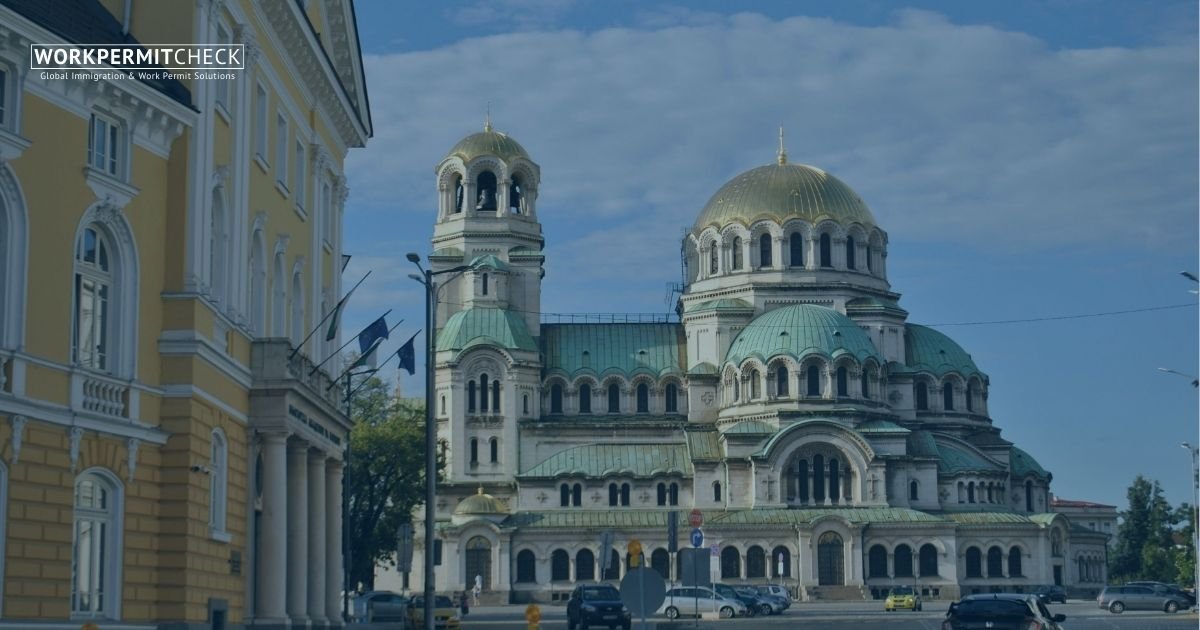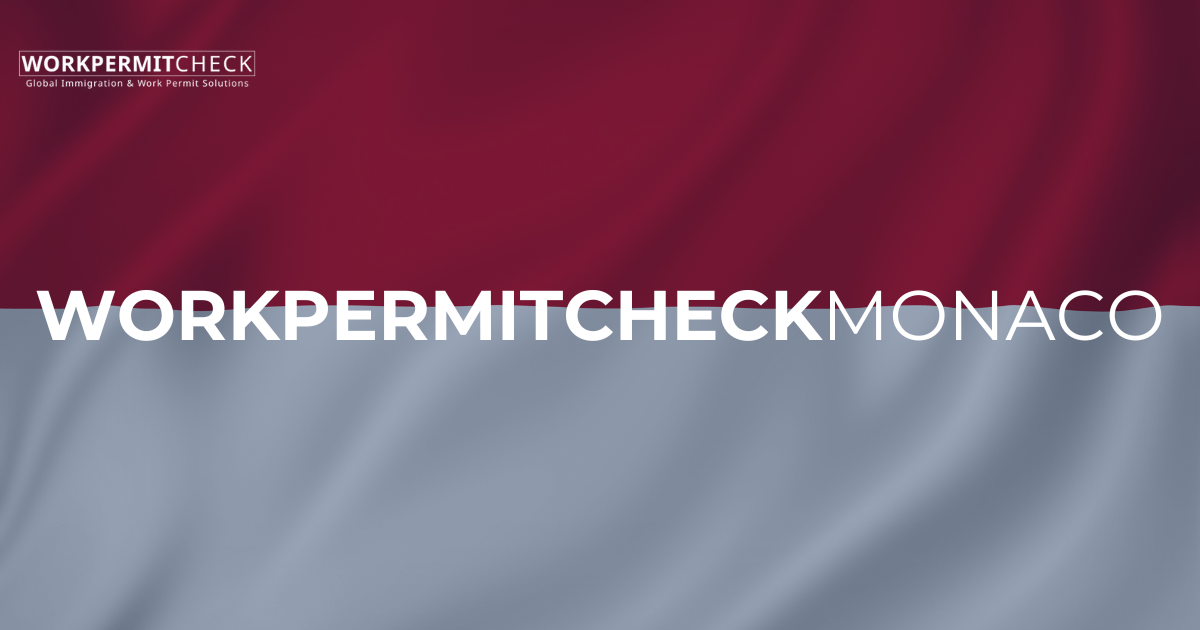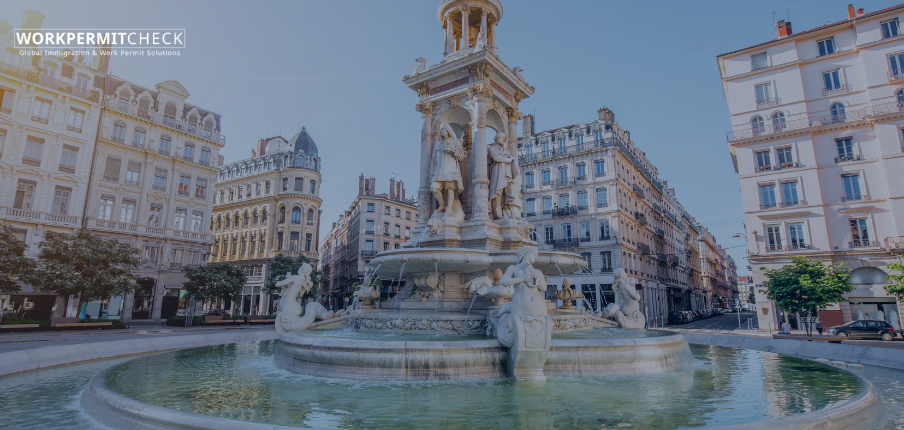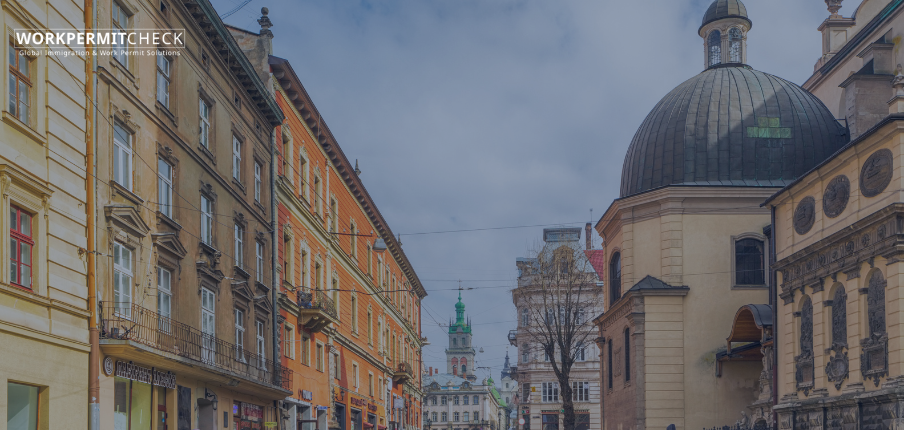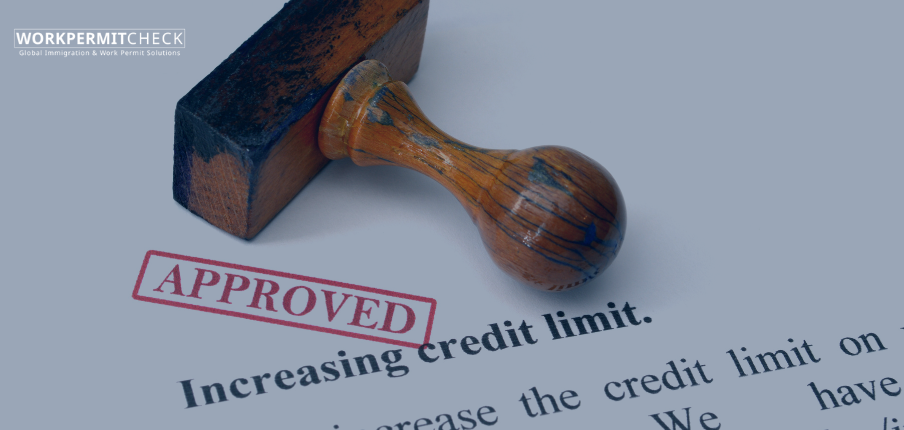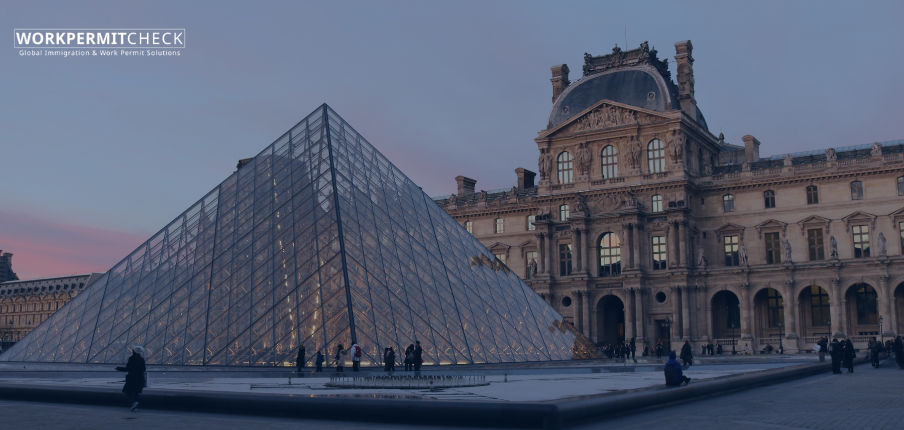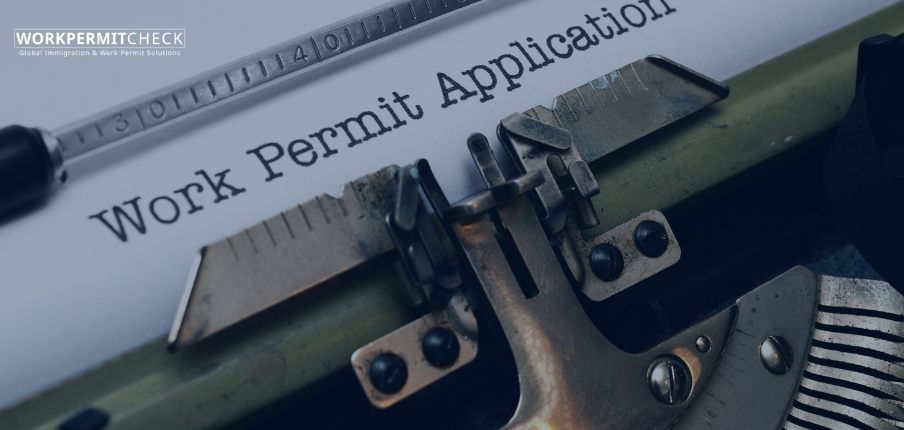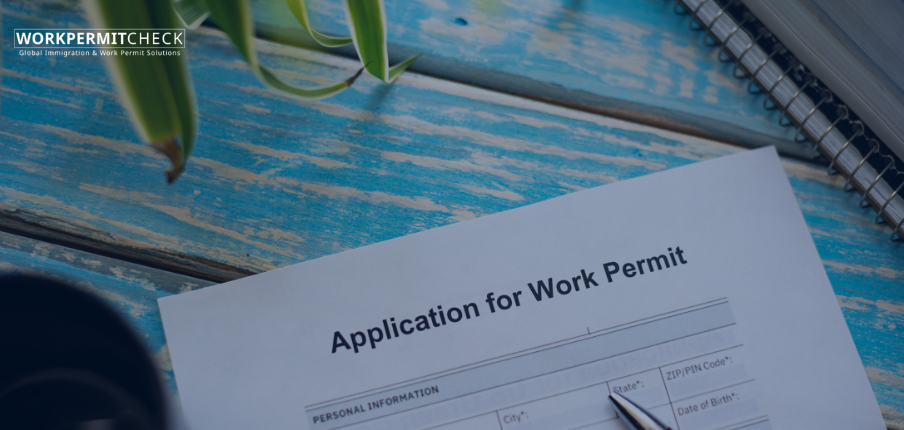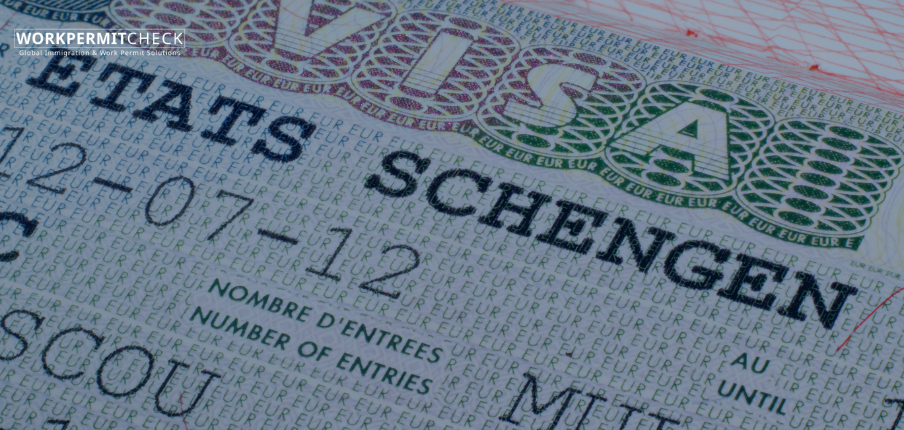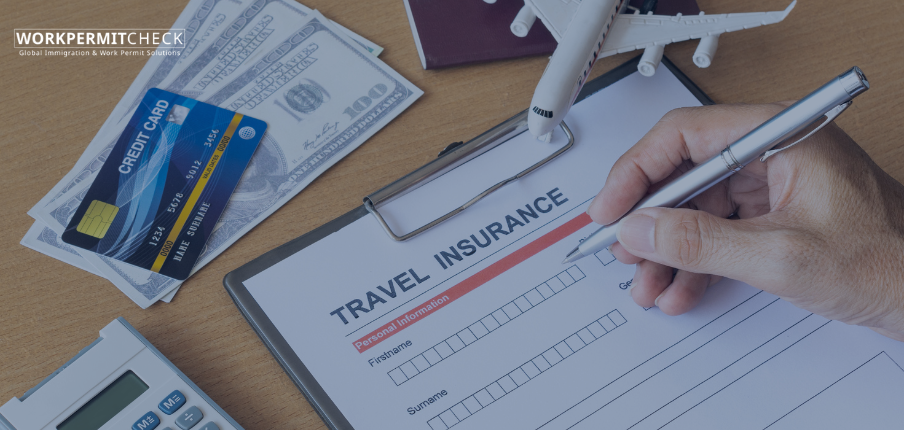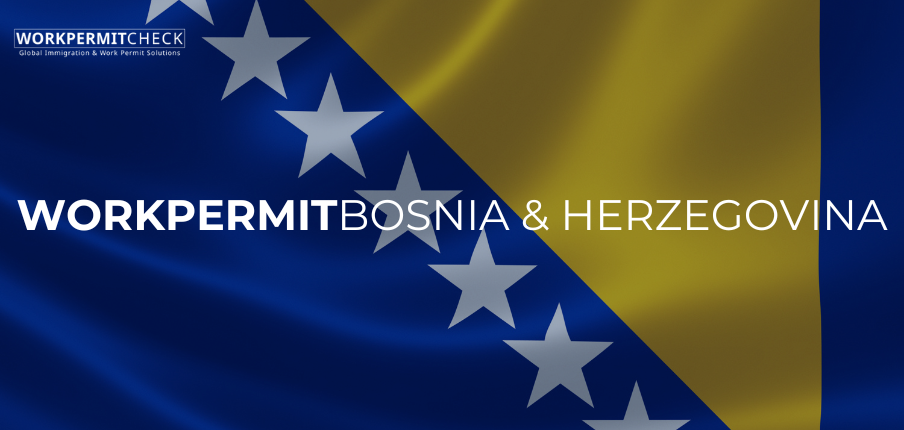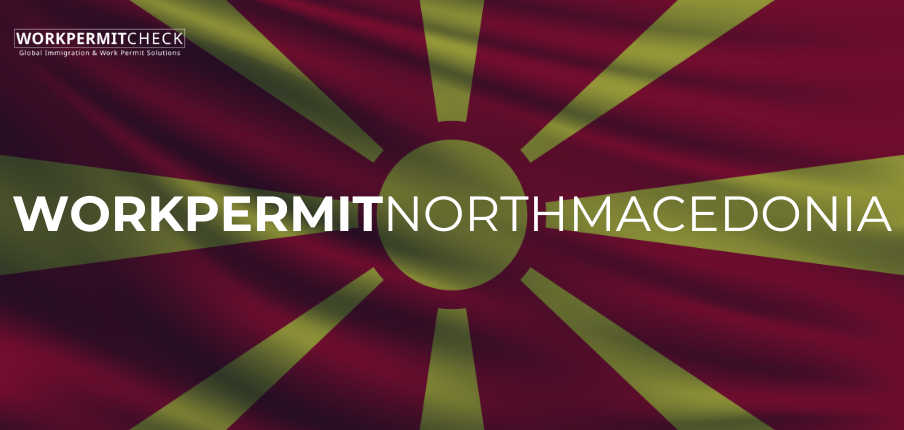Foreign nationals working in Russia must hold a valid work permit, but not all permits offer the same privileges. The two main types are the standard work permit and the Highly Qualified Specialist (HQS) work permit. Both grant legal employment rights, yet they differ in salary thresholds, duration, and eligibility criteria.
Understanding these differences is essential for employers hiring foreign staff and for skilled professionals seeking to work in Russia under the right category.
Standard Work Permit
The standard work permit applies to most foreign nationals, particularly those from visa-required countries or engaged in general or lower-skilled positions. It is the more common form of authorization and follows a regulated quota system set by Russian authorities.
Key aspects include:
• Validity: Usually valid for up to one year, renewable annually.
• Quotas: Employers must apply within the annual hiring quota approved by the Ministry of Labor and Social Protection.
• Processing time: The procedure can take several weeks and involves multiple steps through the migration authorities.
• Employer and region bound: The permit allows work only for the employer and region listed in the document.
• Taxation: Non-residents pay 30% income tax, which can be reduced to 13% after 183 days of residence.
This type of permit is mainly intended for regular employment where positions do not require exceptional qualifications or high salaries.
Highly Qualified Specialist (HQS) Work Permit
The HQS work permit is designed for foreign professionals with advanced skills, specialized experience, or high academic credentials. It offers a simplified and faster process with more favorable conditions.
Its main features include:
• Validity: Granted for up to three years, with the option to renew without reapplying through the quota system.
• Minimum salary: Applicants must earn at least RUB 1 million per year, though certain sectors may require higher thresholds.
• Processing time: Usually issued within 14 business days, making it considerably faster than the standard permit.
• Tax benefit: HQS employees pay a flat 13% income tax regardless of residency duration.
• Family inclusion: Spouses and children of HQS holders can obtain residence permits and, in many cases, work rights.
The HQS category is typically used by companies in industries such as engineering, IT, finance, research, and education, where expertise and high-level qualifications are essential.
Main Differences
The standard permit is best suited for general employment under quota limits and shorter contracts. In contrast, the HQS permit targets top professionals who meet higher salary and skill criteria and require long-term authorization with tax and family advantages.
Why Verification Is Important
Employers in Russia are legally responsible for ensuring that every foreign worker holds a valid and authentic permit. Using forged or expired permits can lead to heavy fines, business restrictions, and deportation of foreign employees.?At WorkPermitCheck.com, we assist employers and professionals in verifying Russian work permits, ensuring authenticity and compliance with national labor and migration laws.
Disclaimer
This article is for informational purposes only and does not constitute legal or immigration advice. WorkPermitCheck.com is a private, independent platform that helps users verify the authenticity of work permits and employment documents. For official information, please consult the Ministry of Internal Affairs of the Russian Federation (MVD) or authorized legal advisors.
October 4, 2025



























